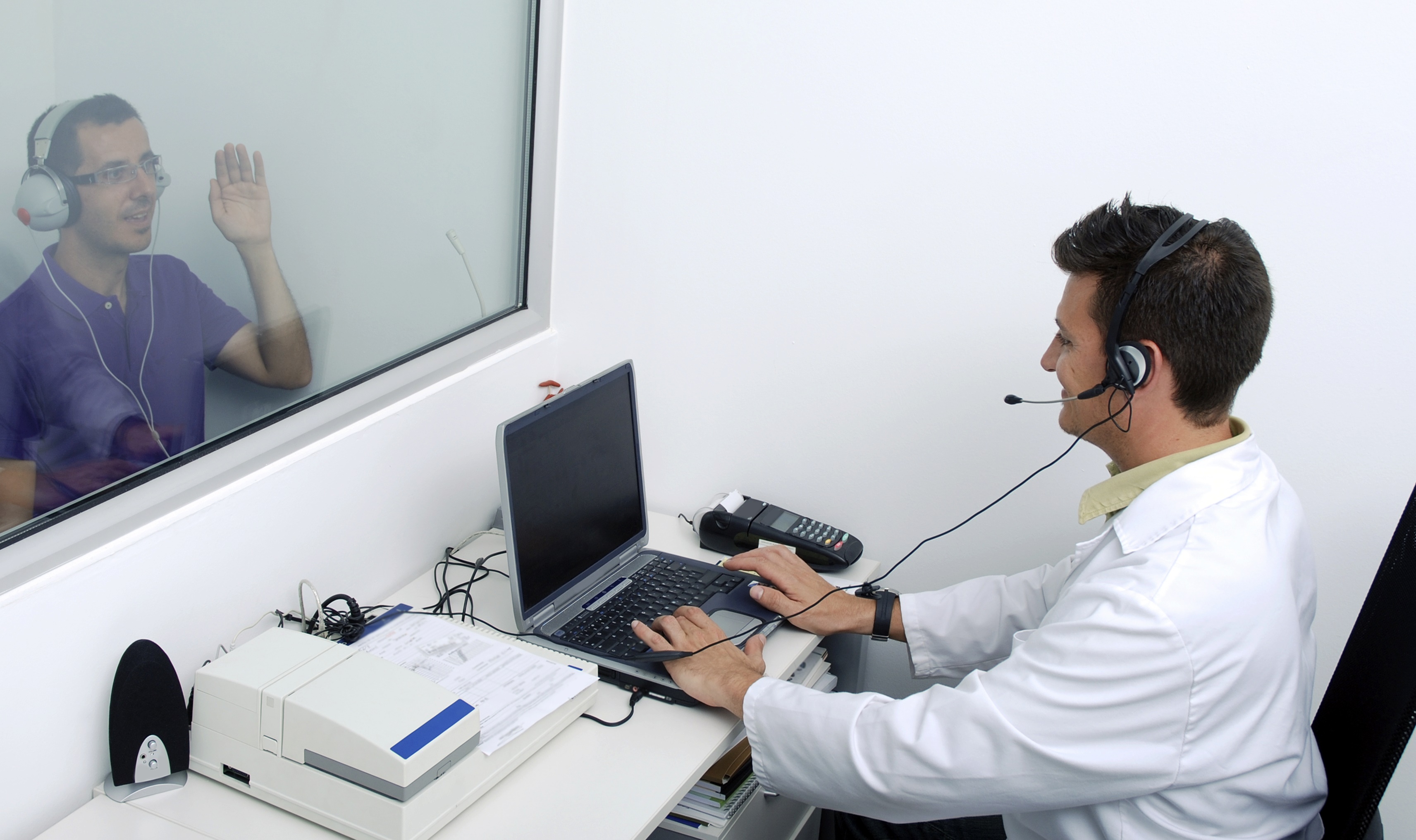
Congratulations on taking the preliminary step toward better hearing by booking your hearing test. You’re already ahead of the game, as a great number of people delay getting a hearing test for several years—in some cases decades.
But now that you’ve scheduled your hearing test, you’ll want to see to it that you’re well prepared for the visit, particularly if test results indicate that you might benefit from wearing hearing aids. Selecting hearing aids can be confusing, but if you ask the right questions, your hearing care professional can help guide you to the ideal technology.
To attain the best hearing possible, make sure to ask these five questions at your upcoming hearing test.
1. What type of hearing loss do I have?
Your hearing care professional will test your hearing using the most current technology, and the results of the test will be printed on a graph called an audiogram. Ensure that your hearing professional reviews the audiogram with you and discusses:
- The form and severity of your hearing loss. High-frequency hearing loss is most common, and is further classified as mild, moderate, severe, or profound.
- How hearing aids can help, and if and why you’d require hearing aids for one or both ears. Hearing loss in both ears is ideally addressed with two hearing aids, and the audiogram will display the results for both ears.
2. Which hearing aid is best for my needs?
Every patient’s hearing loss and listening needs are unique. The more your hearing professional understands about your way of life, the better they can recommend the suitable technology.
If you’re very active, for example, you may want to consider the most up-to-date hearing aid technology with wireless functionality. If you don’t want all of the bells and whistles, on the other hand, a more inexpensive option is likely a better fit.
3. What are my options for financing?
Next up is everyone’s least popular subject—price. Although you should bear in mind that the benefits of hearing aids far outnumber the cost (the monthly expense in most instances being less than the cable TV bill), the price can still seem high.
Several financing options are available that can help you cover the expense, although not all options are available to every patient. Nevertheless, you should talk to your hearing professional regarding some of these options:
- private insurance (uncommon but worth asking about)
- Medicare and Medicaid
- VA benefits
- charitable organizations
- state programs
- financing options (special healthcare credit arrangements)
4. How can I best adapt to my new hearing aids?
After you’ve decided on your ideal hearing aids and have had them professionally fit, you can go back home and immediately hear perfectly without any complications, right?
Not exactly. Just like anything new, you’ll require some time to adjust. You’ll be experiencing sounds you haven’t heard in a while, your voice may sound unusual, and the fit may feel unpleasant. This is perfectly normal and expected, and will take care of itself in a short amount of time. You simply have to be patient.
Make sure that your hearing professional provides guidelines on how to best adjust to your hearing aids, including how to control them and how to master the features.
5. How do I take care of my hearing aids?
Hearing aids are intricate and dependable devices that should operate reliably for many years. Even so, they will require regular cleaning and care. Talk to your hearing professional about cleaning kits and procedures, storage solutions, accessories, and battery management.
In addition, it’s a wise decision to have your hearing practitioner professionally clean your hearing aids a couple of times a year.
As you prepare for your hearing test, keep in mind that obtaining the best outcome requires:
- understanding your hearing loss
- coordinating your hearing loss and lifestyle to the right technology
- finding an affordable solution based on your budget
- fitting and programming your new hearing aids
- adapting to and taking care of your hearing aids
With the help of your community hearing care professional—and by asking the right questions—you can assure the best results and a lifetime of healthier hearing.
